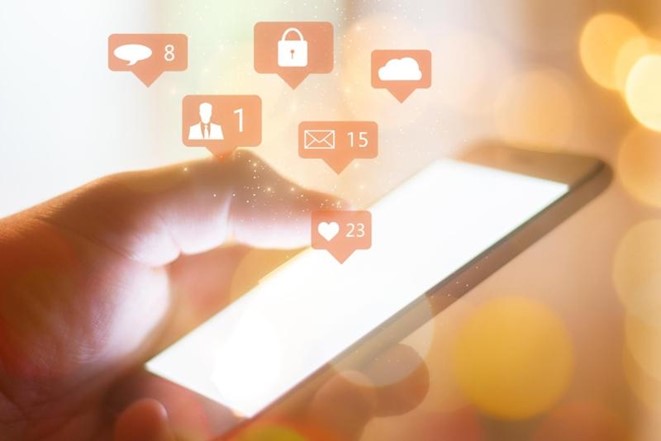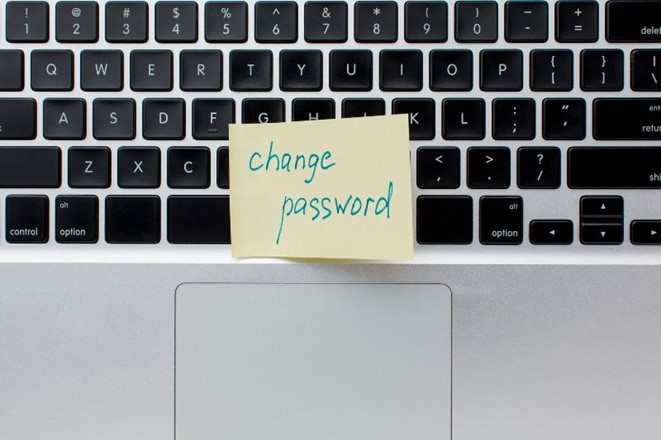With the evolution of technology and its general implementation in all areas of individual action, security on social networks is essential to protect personal information and avoid various cyber threats that can endanger people’s personal and patrimonial integrity.
Importance of privacy and security in social networks
Social media has become integral to our lives, allowing us to connect with friends, family, and coworkers, share experiences, and access various content. However, with its increasing use, the amount of personal information we share online has also increased.
Therefore, privacy and security on social networks are crucial to protect our personal information from unauthorized access, cyberattacks, and other threats.
In addition, it allows users to control what information is shared, when, how, and with whom. This includes personal details such as location, wealth, interests, ideology, relationships, etc. Without proper security measures, cybercriminals can exploit this data for malicious activities such as identity theft, fraud, and harassment.
Conversely, a lack of privacy can lead to a loss of control over personal information, exposing users and their contacts to significant risks.
Social media security is also vital to protecting account integrity and preventing unauthorized access. Implementing robust security strategies helps prevent attackers from taking over accounts, stealing personal information, or conducting malicious activities on behalf of the victim.

Consequence of not protecting your social networks
Failing to implement social media security measures can have serious consequences. Some of the main ones are:
- Identity theft. Cybercriminals can obtain enough personal information from social media to impersonate the person and commit fraud. This can lead to opening credit accounts in your name, making fraudulent purchases, deceiving contacts, and many other malicious actions.
- Harassment and cyberbullying. A lack of privacy can expose users to harassment and cyberbullying. Attackers often use personal information shared on social media to harass their victims.
- Financial fraud. Personal and financial data shared on social media can be used to commit fraud. This includes accessing bank accounts, credit cards, and other financial services and other actions likely to cause significant financial loss to the victim.
- Loss of reputation. Personal and professional information exposed on social media can be used to damage a person’s reputation. This is especially detrimental to professionals who depend on their reputations for their careers.
- Unauthorized access to sensitive data. If not properly protected, social media accounts can be hacked, and sensitive data, such as private messages and photos, are exposed and susceptible to malicious use.
5 Social Media Safety Measures
The following measures must be implemented, at minimum, to protect personal information and maintain security on social media.
Privacy settings on profiles
Privacy settings on social media profiles allow users to control who can view and access their information. Reviewing and adjusting these settings regularly ensures that only authorized people can see personal details.
- Limiting access to personal information: ensuring that only close contacts and family members can see personal information such as location, marital status, and contact details.
- App Permissions Review: It is essential to be aware that third-party apps connecting to social media accounts may have access to significant personal data. Non-essential apps should be reviewed, and permissions should be revoked.
- Post control: It’s a good idea to set up your account so that only the owner can view and approve posts in which they are tagged. This will give you control over what appears on your profile.
Two-Factor Authentication
Two-factor authentication (2FA) is a security measure that protects social media accounts. Requiring a second form of verification in addition to the password, 2FA makes it harder for attackers to access an account, even if they know your password.
- 2FA implementation. Two-factor authentication must be enabled on all social media accounts. This usually involves receiving a verification code on the mobile phone or email.
- Authenticator apps. There are authenticator apps like Google Authenticator or Authy that generate temporary, one-time verification codes to access the account.
Secure password management
Strong, unique passwords are critical to protecting social media accounts. Reusing or using weak passwords significantly increases the risk of an account being hacked.
- Strong passwords. It would be best to create passwords that are difficult to guess, using a combination of upper- and lower-case letters, numbers, and special characters. Avoid using easily guessable personal information such as names or dates of birth and passwords that are common or repeated in other accounts.
- Password managers. Using a password manager to generate and store unique and strong passwords for each account is advisable. This makes password management easier and reduces the risk of reusing passwords.
- Periodic password changes. Although it is a routine that involves mental effort and conservation due to the number of accounts and passwords each person manages, it is essential to change passwords periodically and never share them with others or store them in places that are easy for others to reach.

Never access from third-party devices
Accessing social media accounts from third-party devices, such as public computers or borrowed devices, can put your security at risk. These devices can be compromised, and access credentials can be recorded and stored. We advise you to take into account the following recommendations.
- Use of trusted devices. Social media accounts should be accessed only from trusted devices protected by antivirus and firewalls.
- Logout. Always log out of social media accounts after using them, especially on shared or public devices.
- Safe browsing. It is advisable to use private or incognito browsing modes when accessing accounts from devices that do not belong to the owner to prevent browsing data and credentials from being saved.
Setting up a cyber surveillance system
The most innovative cyber-surveillance tools enable continuous monitoring of social media accounts and their online activity to quickly detect and respond to potential security threats. This helps prevent malicious or criminal use of both social media accounts and personal data.
The cyber surveillance system allows the user to set up alerts for suspicious activity. This way, you can receive real-time notifications about any suspicious activity on your social media accounts, such as login attempts from unknown locations or posts of unusual content.
How Qondar can help you improve social media security
Qondar Personal Threat Watchbots is the innovative cyber surveillance platform developed by Enthec for the online protection of people’s personal data and digital assets. Thanks to its army of bots deployed across all layers of the Web, Qondar protects the integrity of personal profiles on LinkedIn, Facebook, X, Instagram and Telegram against hacking and manipulation. Qondar is an automated tool that works continuously and provides real-time data on any attempted malicious use of personal social networks. Its use is also very simple: just enter the social profiles to be protected on the platform and Qondar begins to work autonomously. If you hold an important position in an organization, have public or social relevance, or are simply concerned about the integrity of your social media accounts, contact us to learn more about how Qondar can help you.


